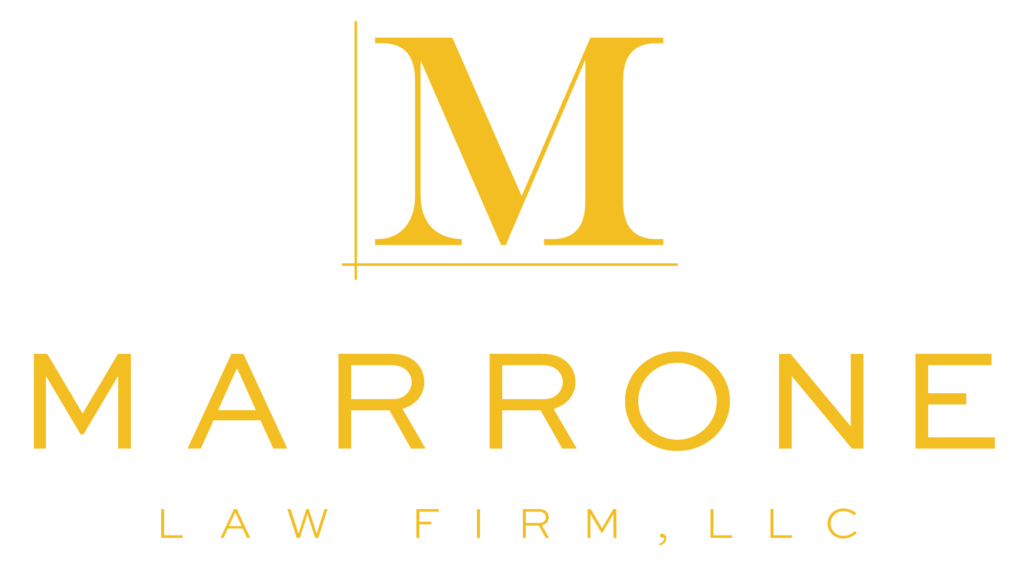A Guide to Legal Fees
We can’t live with them, and we can’t live without them!

Like any service provider, lawyers are compensated for the services they provide – legal representation or counsel. Legal fees apply unless an attorney is providing representation pro bono, or “for the public good” – without charge. There are a number of ways in which attorneys are compensated, including hourly fees, flat fees, retainer fees, and contingent fees. These fee agreements vary depending on the specific attorney or law firm providing representation and the type of work being done. We put together a breakdown of the four main types of legal fees and the various situations in which each may be applicable.
Hourly Fee
The most common type of legal fee is an hourly fee. A client is billed based on the number of hours devoted to their specific case. Hourly rates depend on a number of factors, such as geographic area, the type of legal matter, the role and experience level of the legal professional providing service.
The first aspect of hourly fees to consider is the tier system. Law firms with multiple attorneys and/or legal professionals, such as paralegals, tend to abide by a tier system when determining hourly rates. For instance, the owner or managing partner of a firm will charge a higher hourly rate than an associate attorney. The same applies to an associate versus a paralegal. Each member of a firm who works on a specific legal matter records their individual hours, valued at various rates, and a client is billed for those hours accordingly.
Rates can vary significantly depending on the specific attorney with whom you are working and the area in which you are being represented. For example, an attorney located in a small town hired to negotiate a minor real estate matter may charge an hourly rate that is significantly lower than a highly accomplished attorney based out of a metropolitan area who is hired to do the same type of work. Hourly fees can range anywhere from $100-$1,000+ per hour.
Flat Fee
A flat fee is a fee arrangement in which a lawyer charges a one-time fee for completing a job in its entirety. Lawyers may charge a flat fee when hired to complete routine matters, such as a will.
Retainer Fee
A retainer fee is considered an advanced payment for representation on a case. A retainer reserves a lawyer to handle your matter. The retainer fee is usually a set amount which is applied to the hours an attorney accrues working on your matter. If an attorney requires a $5,000 retainer fee, you will pay the $5,000 up front and it will be applied to the future hourly fees accrued.
Contingency Fee
Contingency fees allow attorneys to collect a percentage of the amount awarded to a client once the matter is resolved. Clients pay no upfront legal fees and are not required to pay legal fees if a case is lost, though certain expenses may still apply. Contingency fee arrangements are most commonly used in matters such as personal injury, and thus, are most commonly used at the Marrone Law Firm, LLC.
This fee arrangement differs from the others. There is a very high level of risk involved on the part of the attorney. With contingency, an attorney assumes the initial expenses of a case, such as hiring experts and requesting medical records, in order to develop a case for trial. Cases may accrue expenses into the thousands of dollars. In addition, there is no guarantee they will be compensated for their financial investment or the hours expended.
Contingency agreements alter the relationship between an attorney and the client, creating a unique bond. Attorney Michael Pomerantz likes contingency agreements because “they even the playing field”. “We are partners. If successful, we will soar together and we will crash and burn together if unsuccessful. The relationship no longer has an employer-employee structure, but rather a partnership,” says Pomerantz. The fact that there is now this partnership created, an attorney is more inclined to take on the risk of a case, because they have some skin in the game. It provides great incentive for the attorney to do their best possible work for a client, because if the case is lost, all of the time and money invested in the case is for naught, and if the case is won, both the client and the attorney benefit.
It is clear that fees vary for any given legal matter. Many factors determine which specific agreement is used and the terms of that agreement. During your initial consultation with an attorney or law firm you are considering hiring to represent you, discuss any legal fees you may be subject to during the course of your case. Prior to signing an agreement, ask questions. Make sure you have a strong understanding of the terms of the agreement and what it means for your case specifically. Once signed, you are expected to abide by the terms of the agreement.






